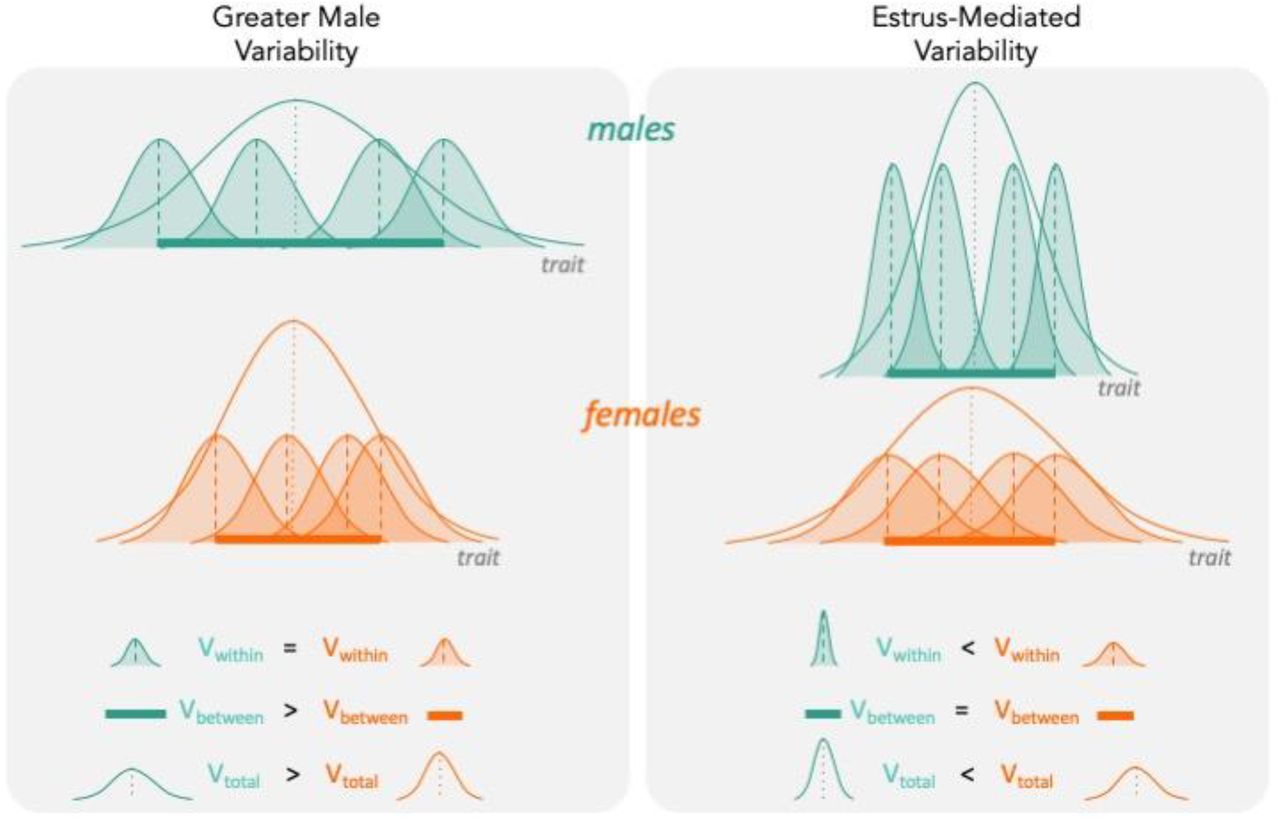What is sexual dimorphism?
Sexual dimorphism is the systematic difference in form between individuals of different sex in the same species. For example, in some species, including many mammals, the male is larger than the female. In others, such as some spiders, the female is larger than the male.
What is the greater male variability hypothesis?
The greater male variability hypothesis proposes that males exhibit more variability than females in many different traits, including physical, cognitive, and behavioral characteristics. This hypothesis suggests that there are more males than females at both the low and high extremes of a distribution for many traits, while females tend to be more clustered around the mean.
The hypothesis has been put forth to explain why there are more men than women at the highest levels of achievement in certain fields, such as science, technology, engineering, and mathematics (STEM). Proponents of the hypothesis argue that because males exhibit greater variability in traits relevant to these fields, they are more likely to be overrepresented at both the highest and lowest ends of the achievement spectrum.

Critics of the hypothesis argue that it is oversimplified and may be used to justify gender discrimination or the underrepresentation of women in certain fields. They suggest that other factors, such as socialization and discrimination, may also play a role in explaining gender differences in achievement.
Overall, while the greater male variability hypothesis remains a topic of debate among researchers, it is important to approach any gender differences in a nuanced and thoughtful way, taking into account the complex interplay of biological, environmental, and social factors that contribute to human behavior and achievement.
Greater Male Variability: It’s a Fact, But It Can Sometimes Be Deadly
https://www.forbes.com/sites/traversmark/2021/12/28/men-are-more-likely-to-behave-in-an-all-or-nothing-way-according-to-new-psychological-research/?sh=5d3448174c71
https://www.biorxiv.org/content/10.1101/2020.05.23.106146v2.full
